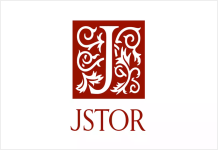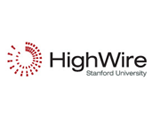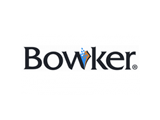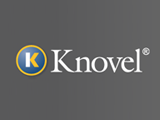Yet again the RSC has demonstrated its foresight in the world of scientific publishing.
To support the transition to Open Access (OA), the RSC recently pledged £1 million to aid UK chemical science researchers to publish ‘Open Access’ papers in RSC journals. This gesture has now been followed by the UK Government, with an announcement on Friday that it will invest £10 million to support the transition to OA.
But the RSC questions the effectiveness of the government’s initial funding, saying that on its own, this may be too thinly spread to have a significant positive effect.
On Friday, science and universities minister David Willetts, pledged ‘extra’ money to aid thirty research-intensive universities as they make the shift to open access publishing. The government’s £10 million will be a one-off transfer of funding from the existing science budget (of £3bn annually) and will be in addition to block grants for article processing charges that will be made available by the research councils from April 2013. The amount and distribution of these block grants is still unclear.
The Finch Report estimated that in order to achieve a significant and sustainable increase in access to research content, an additional £50-60m a year in expenditure will be required.
In July, Dr Robert Parker, RSC Chief Executive, expressed concern that no new money was being found to help with the significant transition costs to the Open Access publishing model recommended in the Finch report.
To assist researchers during a period of uncertain funding for OA, the RSC announced its ‘Gold for Gold’ initiative. This enables researchers who do not yet have the funding to pay Open Access fees to make their paper available via Open Science – the RSC’s Gold Open Access model. All UK institutions subscribing to RSC Gold – the RSC’s premium collection of journals, databases and magazines – have received credit for future Open Science publication fees equal to their subscriptions paid.
UK institutions have responded positively to Gold for Gold, and the first journal article for publication through this initiative came from a research group based at the University of Hull.
Dr James Milne, Managing Director, RSC Publishing, said: “The initial £10 million funding is certainly welcomed. However, one should note that this will be shared across seven research councils, and restricted to just thirty eligible universities. For the chemical science community, as they try to understand and comply with funding agency mandates, this will be appreciated, but how it will be distributed and managed is somewhat uncertain. We also await news of the scale and distribution of the Research Council block grants, which we hope will make up the £40-50 million gap to support the funder led Open Access mandates.
“One also wonders what will happen to those UK institutions that are not included in the government’s selection of ‘research intensive’ universities. The first paper published as part of the Gold for Gold initiative came from the University of Hull, who will not receive any part of the £10m funding announced by the government. This shows the importance of the RSC’s Gold for Gold initiative in supporting researchers during this transitional period.”































